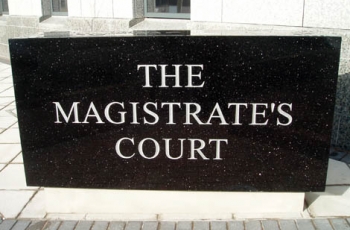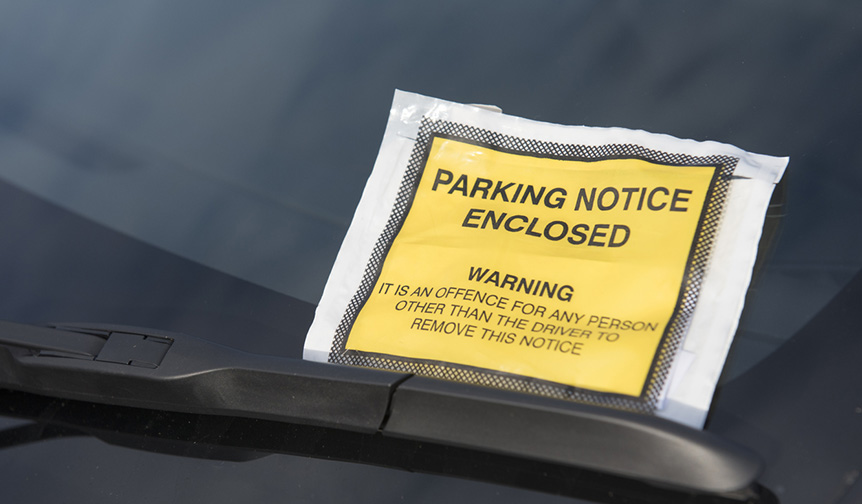Debt From Fines
The are various type of fines that can cause debt problems. Here we explain the enforcement you can expect if you don’t pay and how they are viewed by insolvency legislation.
Magistrate Court Fines

The court has powerful means to collect fines.
If a court finds you guilty and sets a fine as punishment you’ll be asked to give details of your income as your ability to pay is a factor in deciding the size of the fine.
The court will issue a collection order explaining how you should pay the fine. This can be in one payment or by installments. Or an attachment of earnings or deduction from benefits order can be made at this time.
If you don’t make the payments set out in the collection order the fines officer at the court will take further steps to collect the fine. These can include:
- Setting an attachment of earnings or deduction from benefits, if this wasn’t done initially
- Sending bailiffs or enforcement agents to visit your home and remove goods
- A charging order securing the debt against your home
The fines officers may refer your case back to the Court who can take extra steps to collect the fine or impose a further penalty such as increasing the fine, or a community service order or in extreme cases a committal to prison.
Included in Bankruptcy or an IVA? – No
Debt arising from magistrate court fines cannot be included in a IVA or Bankruptcy as a debt. Meaning, if you are made bankrupt or enter into an IVA, such debts must still be paid in full.
If the fine is being paid by instalments then it can be included as a expenditure item in an IVA.
Fixed Penalty Notices
Fixed Penalty Notices were introduced for the Police to deal with minor parking and motoring offences. They are now also used for a wide range of anti-social behaviour offences, public disorder offences and environmental offences such as littering.
These are issued by the Police and are criminal offences.
There is no right of an informal appeal and you must attend court if you want to contest the charge. If you refuse to pay, a liability order can be issued followed by a Court Judgment. If you don’t comply to the terms of the judgment further enforcement action may follow, such as use of bailiffs.
Included in Bankruptcy or an IVA? – No
Any contravention that is enforced by the police under the criminal law is considered to be a ‘fine’ in insolvency legislation and as such cannot be included in an IVA or Bankruptcy.
Penalty charge notices

The most common type of PCN is the beloved parking ticket.
These are issued by your local council, most commonly for parking or other driving issues, such as driving in a bus lane.
These are civil not criminal offences.
Normally you’re given 14 days to pay a reduced amount or the full amount after 28 days, during which time you can make an informal appeal.
If you don’t pay after 28 days nor make a formal appeal through the court; a liability order can be made to enforce payment.
Included in Bankruptcy or an IVA? – Yes
Debt arising from PCNs are often referred to as ‘fines’, but they do not meet the definition of a fine given in insolvency legislation. For this reason – PCN fines and any extra charges from non-payment can be included in an IVA or Bankruptcy as a debt.